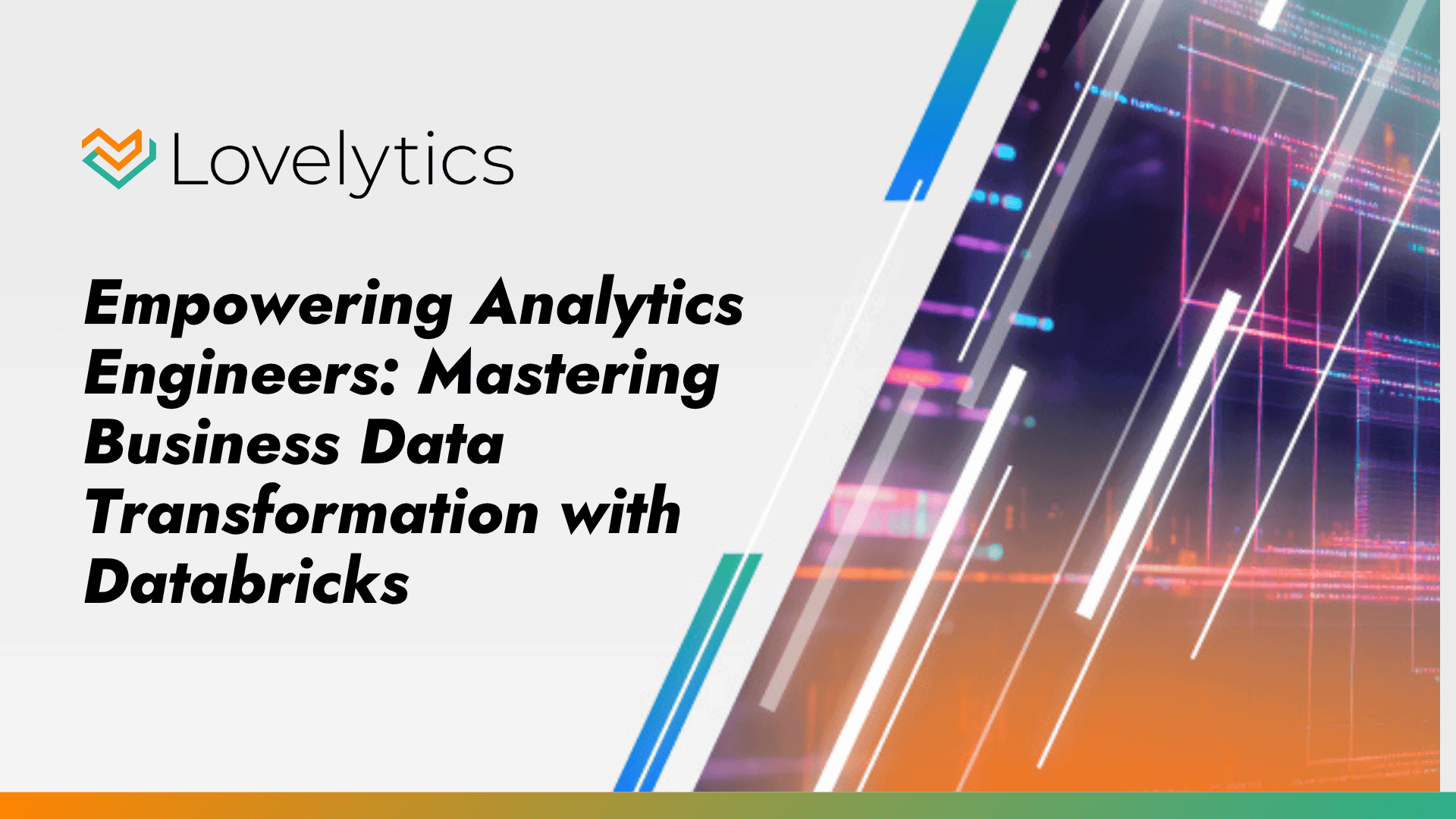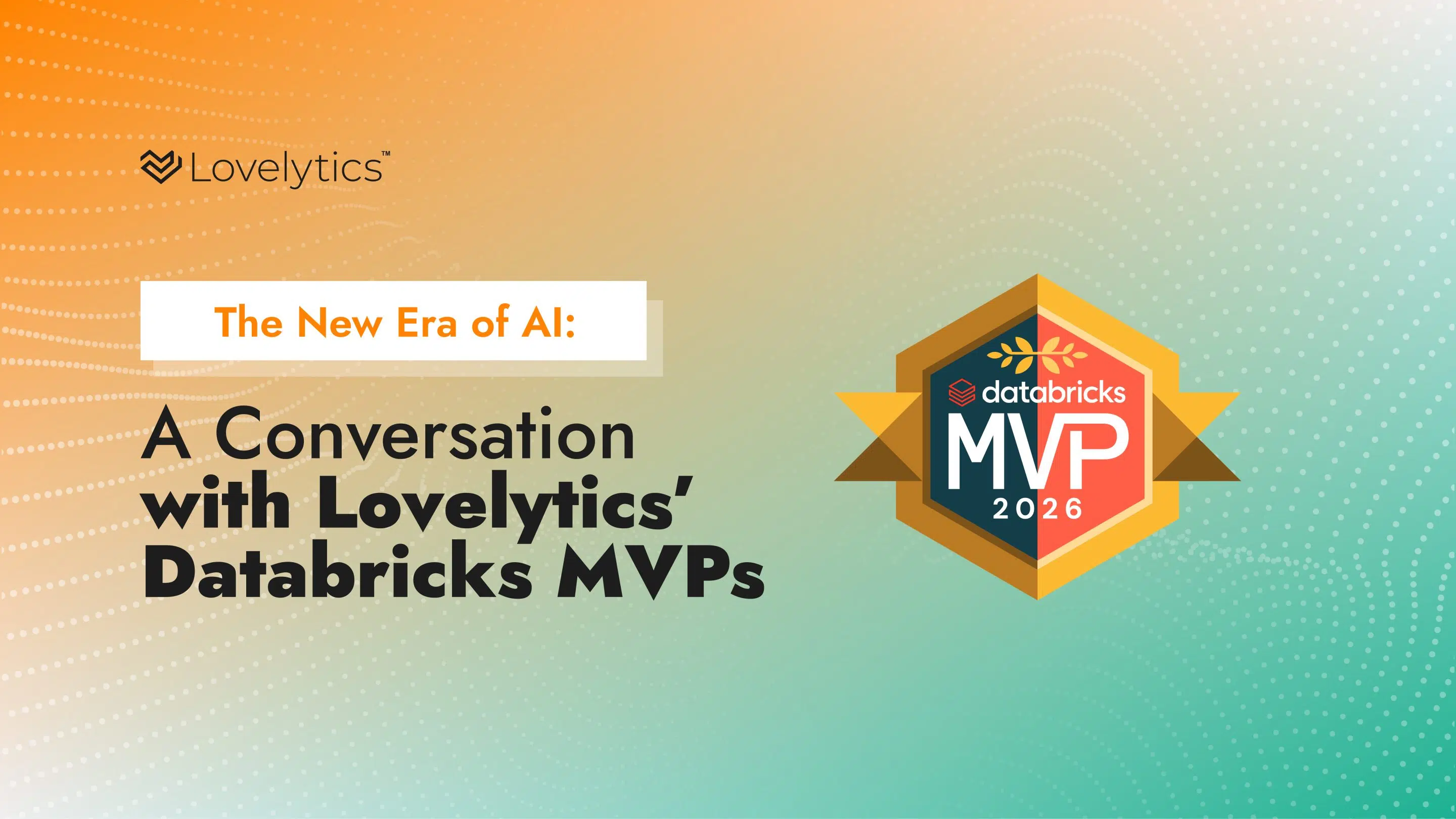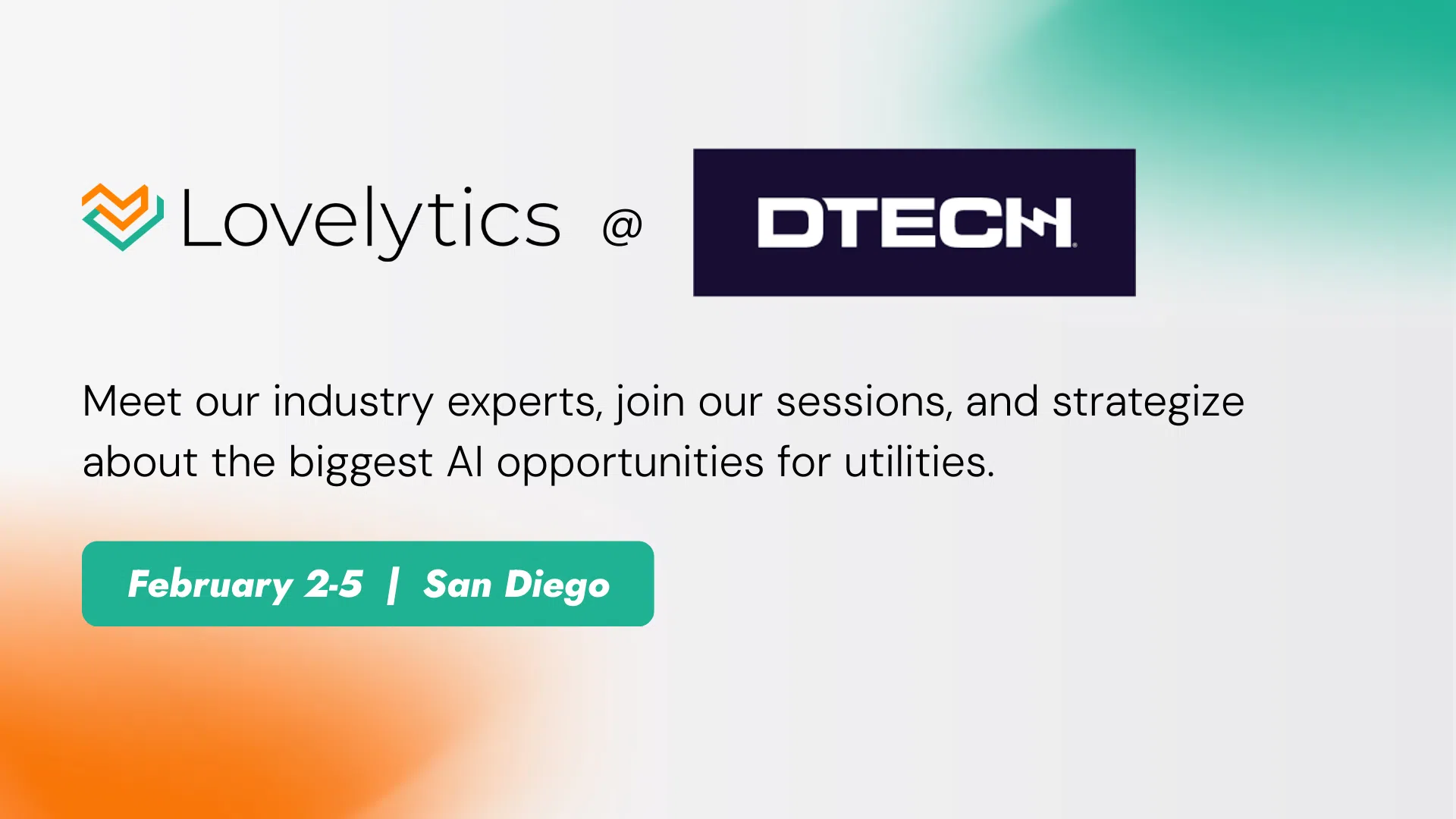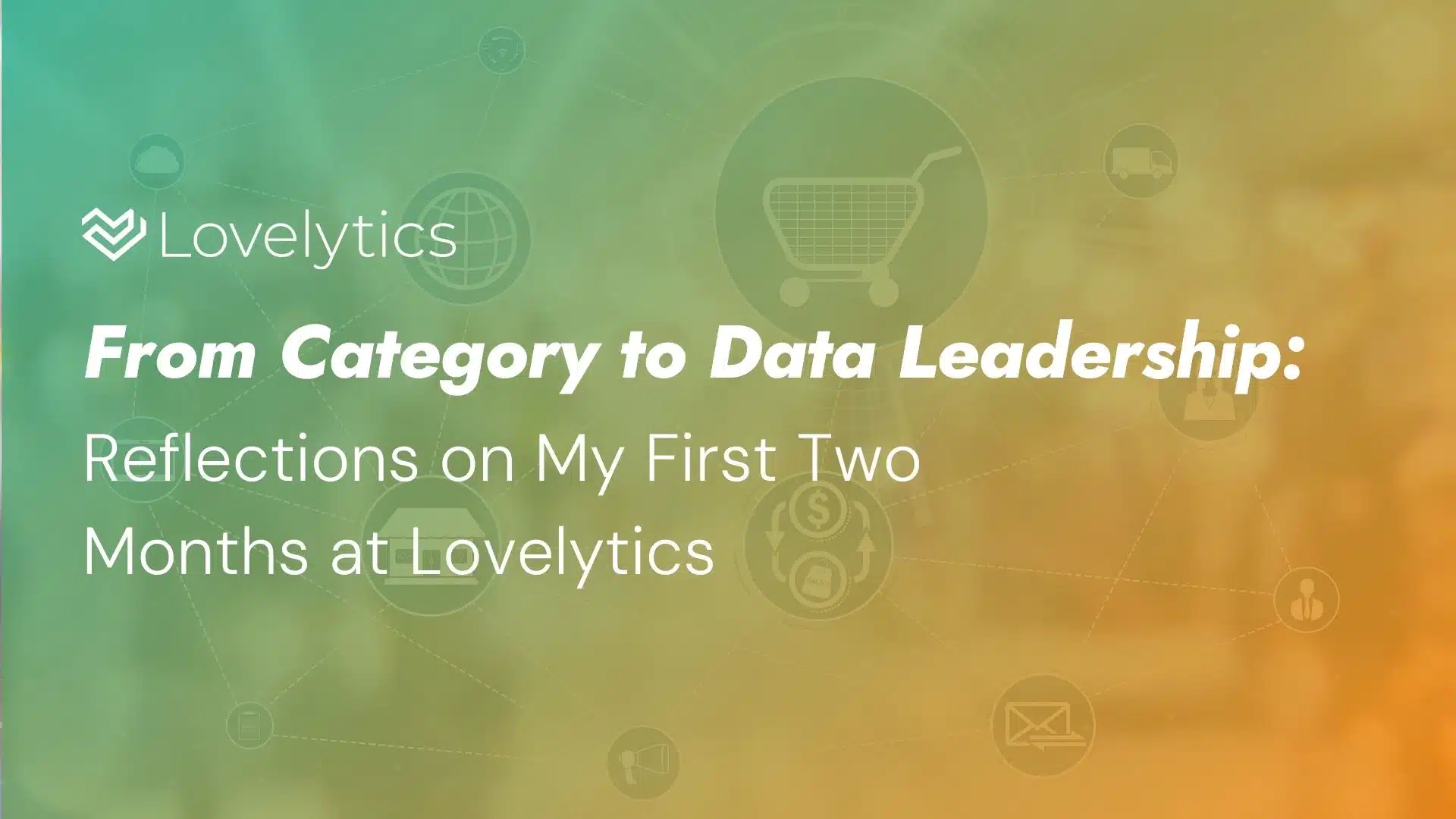Welcome to the third installment of our blog series dedicated to bringing your business users into the Data Intelligence Platform (DIP) with Databricks. In this blog, we explore how Analytics Engineers can play a pivotal role in leveraging the Data Intelligence Platform to facilitate business data transformation. We’ll provide insights into the challenges faced by Analytics Engineers and offer strategies to overcome these obstacles, ultimately empowering organizations to maximize the potential of their data.
Organizations are continually seeking ways to harness the power of advanced platforms like Databricks to drive business data transformation. Business data transformation is more than just a buzzword; it’s a fundamental process that enables organizations to extract valuable insights from their data and drive informed decision-making. However, many organizations struggle with disparate data sources, legacy systems, and siloed processes, hindering their ability to unlock the full potential of their data.
Imagine a scenario where a retail company is looking to optimize its inventory management process. The company has vast amounts of sales data stored across multiple systems, including transactional databases, CRM platforms, and e-commerce websites. However, due to the disparate nature of these data sources, the company struggles to gain a comprehensive view of its inventory levels, leading to inefficiencies in stock replenishment and fulfillment. Business data transformation in this context involves streamlining data pipelines, standardizing data formats, and automating data processing tasks to enable the retail company to make data-driven decisions regarding inventory management.
Effective business data transformation yields tangible outcomes that drive organizational success. At Lovelytics, we specialize in guiding organizations through this journey by providing tailored solutions and strategies to meet their unique needs. Our approach includes:
Harness the Power of Databricks SQL and Analytics Engineering Technologies:
Databricks SQL serves as a cornerstone for simplifying data management and analytics workflows within organizations. It provides simplified data ingestion, automated ETL processing, and reliable workflow orchestration, enabling seamless data transformation processes. Additionally, Databricks integrates seamlessly with analytics engineering technologies like dbt, Alteryx, and Tableau Prep, improving data pipelining and transformation tasks. This integration empowers analysts with a single platform for all their data needs and facilitates collaboration while enhancing productivity across teams.
Implement Delta Live Tables (DLT) for Streamlined ETL Processing
Once ingested, raw data requires transformation to make it analytics-ready. Databricks offers powerful ETL capabilities through Delta Live Tables (DLT), a framework that simplifies the building of ETL and ML pipelines on batch or streaming data. DLT automates operational complexities such as infrastructure management, task orchestration, error handling, and performance optimization, allowing data engineers to focus on delivering reliable pipelines at scale. With DLT, engineers can treat their data as code and apply software engineering best practices like testing, monitoring, and documentation, ensuring the deployment of robust pipelines that meet enterprise standards for reliability and performance.
Embrace End-to-End Observability and Monitoring
Monitoring and tracking the performance of data pipelines are crucial for ensuring data integrity and reliability. Databricks provides end-to-end observability and monitoring capabilities, allowing organizations to identify and address issues proactively. By leveraging Databricks’ monitoring features, organizations can gain insights into pipeline performance, resource utilization, and data quality. This helps enable them to optimize workflows and mitigate potential bottlenecks effectively.
Establish a Foundation of Governance and Reliability
Governance and reliability are fundamental to successful data transformation initiatives. Databricks offers a foundation of governance, reliability, and performance, ensuring that organizations adhere to data governance policies and maintain data quality throughout the transformation process. With Databricks, organizations can implement fine-grained access controls, data lineage tracking, and compliance monitoring, mitigating risks associated with data governance and ensuring regulatory compliance.
Let’s revisit the retail company struggling with an inventory management scenario. By implementing these four strategies proposed by Lovelytics, the retail company can overcome its challenges with inventory management and achieve tangible improvements in order fulfillment and stock replenishment. With streamlined data management processes, automated ETL processing, proactive monitoring, and robust governance practices, the company can optimize its inventory management processes and enhance its competitive advantage in the retail market.
In conclusion, Analytics Engineers play a vital role in driving business data transformation within the Data Intelligence Platform. By understanding the challenges, leveraging the right tools and strategies, and partnering with experienced professionals, organizations can unlock the full potential of their data and drive business success. Contact us today to learn how Lovelytics can help your organization maximize the power of Databricks for business data transformation. Let’s embark on this transformative journey together.
Stay tuned for our next blog, where we will dive deeper into the role of Business Functional Analysts in harnessing the power of the Data Intelligence Platform for data-driven decision-making.
You can read the previous blog in the series, Empowering Business Users: How IT Managers Enable Success in Databricks.












